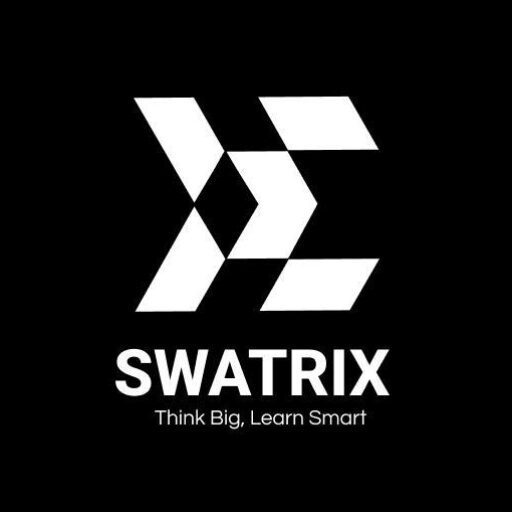Embedded Systems
Embedded systems are specialized computing systems designed to perform specific tasks within larger electronic devices or systems. These systems typically consist of a combination of hardware and software components optimized for low power consumption, compact size, and real-time operation. Common examples of embedded systems include microcontrollers found in consumer electronics, automotive control systems, medical devices, and industrial automation equipment.
Reviews 4.7 (253 user ratings):
4.721 students
Price:
₹ 5000/-
The design and development of embedded systems involve various stages, including hardware design, software development, system integration, and testing. Engineers working in this field must possess a diverse skill set encompassing electronics design, programming, and system-level understanding. Additionally, embedded systems often require considerations for reliability, safety, and security, especially in applications such as automotive and medical devices where failures could have severe consequences. As technology advances, embedded systems continue to play a crucial role in powering a wide range of devices and applications, driving innovation in industries such as IoT, robotics, and automation.

Course Descriptions :
"Introduction to Embedded Systems" explores the fundamentals of embedded systems, including their applications, architectures, and design considerations. The course emphasizes real-world examples and case studies to provide a comprehensive understanding of embedded systems.
"Basics of Electronics" covers essential electronic components, circuits, and principles. Topics include voltage, current, resistors, capacitors, and basic circuit analysis techniques. This foundational knowledge is crucial for understanding and designing embedded systems.
"Programming Embedded Systems" dives into programming languages commonly used in embedded systems development, such as C and C++. Students learn about memory management, pointers, and data structures, which are essential for writing efficient and reliable embedded software.
"Microcontroller Architecture" delves into the architecture of microcontrollers, including CPU structure, memory organization, and input/output peripherals. The course provides insights into the operation and capabilities of microcontrollers, which are the core of many embedded systems.
"Interfacing with Peripherals" covers the process of interfacing microcontrollers with various external peripherals and devices, including sensors, actuators, displays, and communication modules. Students learn how to integrate these components into embedded systems effectively.
"Embedded Software Development" explores the principles and practices of embedded software development. Topics include software design, implementation, debugging, and optimization techniques tailored for resource-constrained environments.
"Sensors and Actuators" studies different types of sensors and actuators commonly used in embedded systems. Students learn about their principles of operation, interfacing methods, and applications in various industries.
"Communication and Networking" covers communication protocols and networking technologies used in embedded systems. Topics include UART, SPI, I2C, Ethernet, Wi-Fi, and Bluetooth, and their integration into embedded designs.
"Debugging and Testing" develops skills in identifying and fixing software bugs, hardware issues, and system-level faults in embedded systems. The course emphasizes practical techniques for ensuring the reliability and functionality of embedded systems.
"Power Management" explores techniques for managing power consumption in embedded systems. Topics include low-power design strategies, battery management, and energy-efficient operation, which are crucial for extending the battery life of portable devices.
"Embedded Systems Design" provides insights into the design process for embedded systems. The course covers requirements analysis, architecture design, prototyping, validation, and product deployment, ensuring students understand the full lifecycle of embedded systems development.
"Industry Standards and Compliance" emphasizes the importance of adhering to industry standards and regulatory requirements in embedded systems development. Topics include relevant standards bodies, certification processes, and best practices for ensuring compliance.
"Project Management and Collaboration" teaches project management principles and collaborative tools essential for coordinating embedded systems projects. Topics include task planning, scheduling, version control, and team communication, ensuring successful project execution.
"Projects" is a hands-on course where students apply the knowledge and skills gained throughout the course to complete real-world embedded systems projects. These projects address practical challenges and demonstrate proficiency in embedded systems development, providing valuable experience for future careers.
This course includes:
- 30 hours on-demand video
- 6 months access
- Access on mobile and TV
- Free Webinar
- Certificate of completion
Student Testimonials for Embedded Systems
- Best Conference
- 100% Certified & Trusted
- Enjoy 24/7 World Class Support
This course made me fall in love with embedded systems! I learned how to program microcontrollers and work with real hardware like Arduino and ARM.
